The Ultimate Guide to Choosing the Right Solar Systems for Your Home Energy Needs
As homeowners increasingly seek sustainable energy solutions, the demand for solar systems has surged significantly. According to the Solar Energy Industries Association (SEIA), the U.S. solar market has witnessed an impressive growth rate of over 20% annually, with over 3 million installations across the nation by 2022. This shift toward renewable energy is not only beneficial for the environment but also presents substantial financial savings on energy bills. However, with a plethora of options available, selecting the right solar system tailored to your specific energy needs can be daunting.
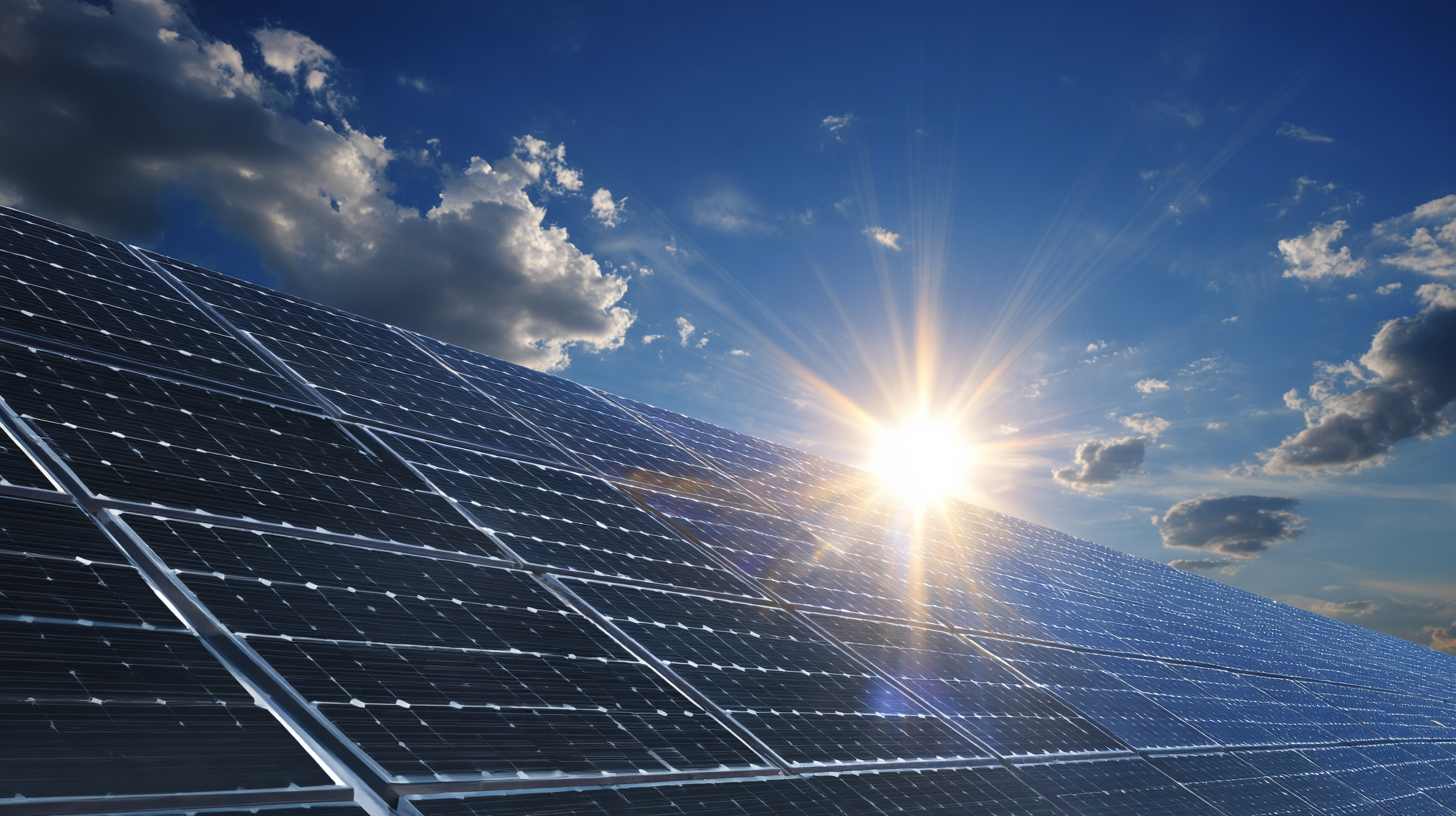
Factors such as energy consumption, system size, and available incentives play a pivotal role in making an informed decision. This ultimate guide aims to simplify the process, offering expert tips and key insights to help homeowners navigate the complexities of choosing the perfect solar systems that meet both their energy requirements and budget constraints.
Understanding Your Home Energy Requirements for Solar Systems
When considering solar systems for your home, it's vital to first understand your energy requirements. Assessing your energy consumption involves reviewing your utility bills to determine how much electricity you use monthly. Look for patterns and identify peak usage times. This data will help you estimate the size of the solar system needed to meet your energy needs efficiently.
**Tips:** Consider investing in energy-efficient appliances to reduce your overall consumption before installing solar panels. This not only lessens the load on your future solar system but can also lead to significant savings in your energy bills.
Additionally, think about any potential future changes in your energy usage. If you plan to upgrade your home with additional technology or appliances, factor this into your solar system planning. Understanding both your current and future energy needs will ensure that you select a system that can grow with you and provide optimal energy efficiency over time.
**Tips:** Consult with a solar energy professional who can help you analyze your energy requirements accurately. They can also provide insights on local regulations and incentives that may affect your decision.
The Ultimate Guide to Choosing the Right Solar Systems for Your Home Energy Needs
| Energy Requirement (kWh/month) | System Size (kW) | Estimated Cost ($) | Savings (annual) ($) | Payback Period (years) |
|---|---|---|---|---|
| 500 | 5 | 12,000 | 1,200 | 10 |
| 700 | 7 | 16,500 | 1,650 | 10 |
| 900 | 9 | 22,500 | 2,250 | 10 |
| 1200 | 12 | 30,000 | 3,000 | 10 |
Evaluating Different Types of Solar Systems: Pros and Cons
When choosing a solar system for your home, it’s crucial to evaluate the different types available, each with its unique advantages and drawbacks. The three main types include grid-tied, off-grid, and hybrid systems. Grid-tied systems are popular due to their lower initial costs and the possibility of selling excess energy back to the grid. According to the Solar Energy Industries Association (SEIA), around 89% of residential solar installations are grid-tied, making it the preferred choice for homeowners seeking efficiency and lower utility bills.
On the other hand, off-grid systems provide independence from the utility grid and are ideal for remote areas. However, they often require higher initial investments in batteries and renewable sources, which can increase overall costs by 30-40% (National Renewable Energy Laboratory). Hybrid systems offer a balance between the two, allowing homeowners to utilize the grid while also maintaining a backup for emergencies. This flexibility, while more expensive, supports energy security, especially in areas prone to outages.
Tips: Before making a decision, assess your energy consumption patterns and local solar incentives. Additionally, consider the potential future expansion of your solar system to accommodate growing energy needs or technology advancements. Always consult with a certified solar advisor to determine the best fit for your home.
Essential Factors to Consider When Choosing Solar Panels
When choosing solar panels for your home energy needs, several essential factors must be considered to ensure optimal performance and return on investment. The capacity of solar panels, measured in watts, is crucial; according to the National Renewable Energy Laboratory (NREL), higher capacity panels can produce more electricity in a limited space, making them a preferable option for homeowners with restricted roof areas. For instance, a typical 300-watt solar panel can produce about 1,200 kilowatt-hours (kWh) per year, depending on your geographic location and sunlight exposure.
Another critical factor is the panel's efficiency, which refers to how effectively a solar panel converts sunlight into usable electricity. Reports from the Solar Energy Industries Association (SEIA) indicate that leading solar panels can achieve efficiencies above 22%. This high efficiency translates into greater energy output and reduced system costs over time. Additionally, homeowners should consider the warranty and manufacturer’s reputation, as most high-quality panels come with 25-year warranties, indicating long-term durability and reliability. Assessing these factors can significantly impact your satisfaction and savings in the long run.
The Ultimate Guide to Choosing the Right Solar Systems for Your Home Energy Needs
This chart displays the average monthly solar energy output for different types of installations, providing insights into energy needs for various home energy solutions. Choosing the right solar system based on these outputs can significantly impact your household energy efficiency.
Determining the Right Inverter for Your Solar Energy Setup
Choosing the right inverter for your solar energy setup is critical to maximizing the efficiency of your home solar system. With the global market for smart hybrid inverters projected to reach $3.36 billion by 2025 and $5.54 billion by 2033, the demand for advanced inverter technology is clearly on the rise. Inverters are essential for converting the direct current (DC) produced by solar panels into the alternating current (AC) used in homes, making their role in renewable energy systems crucial.
As technology progresses, different inverter solutions are becoming available, including those utilizing silicon and wide bandgap power devices. Compact energy storage systems, such as the new model with 2688Wh capacity and 3600W solar input, offer significant advantages for both grid-tied and off-grid applications. These innovations facilitate the efficient management and distribution of solar energy, catering to the diverse needs of homes looking to harness solar power, optimize energy consumption, and reduce dependency on traditional electricity sources.
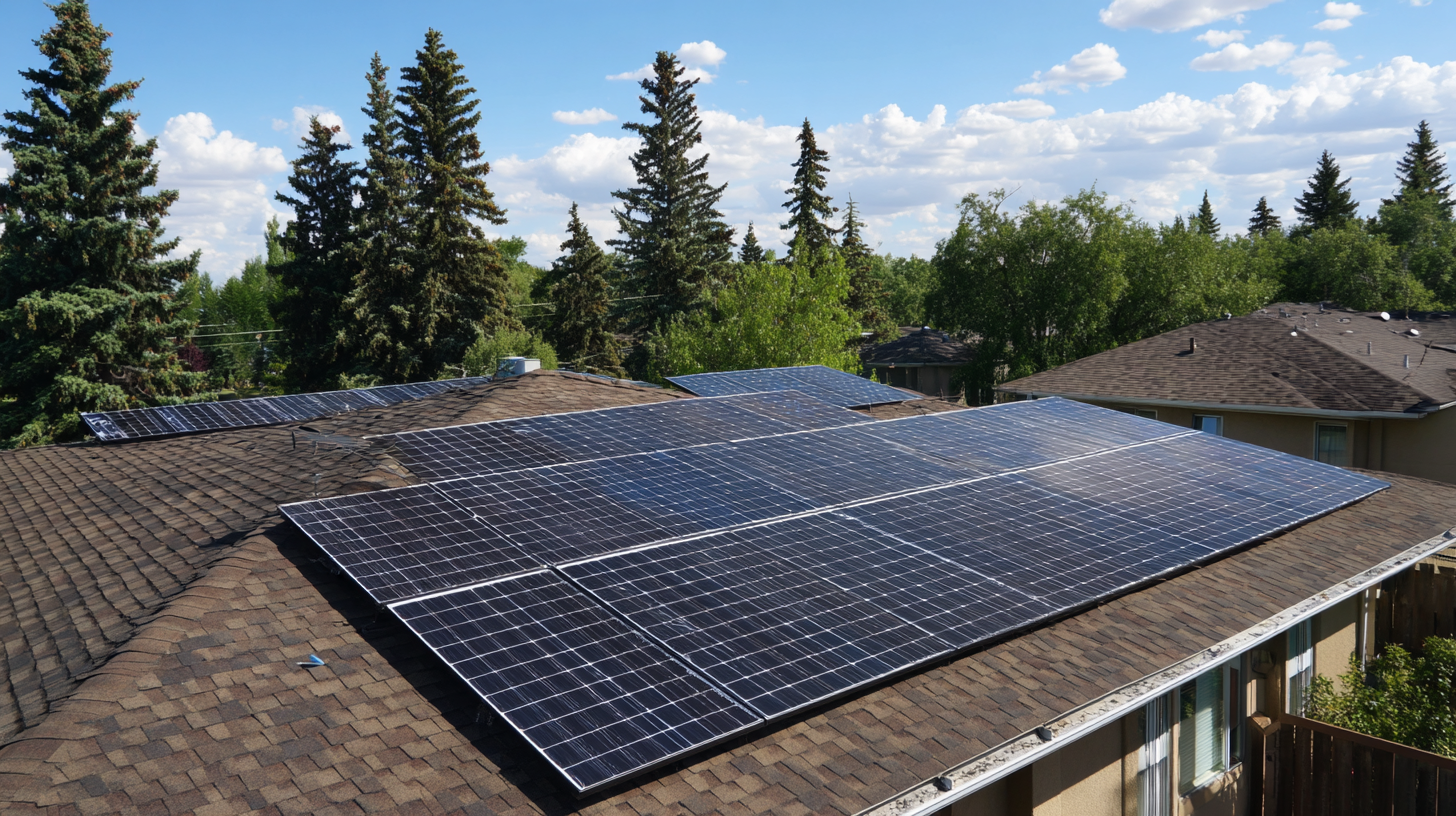
Maximizing Efficiency: Tips for Installing Your Solar System Properly
When considering the installation of solar systems, maximizing efficiency is crucial. One key to achieving this is proper placement and orientation of solar panels, which can significantly enhance energy generation. Research indicates that optimizing the angle of panels can increase their efficiency by up to 25%. For homeowners in sunny areas like Ontario, where new energy efficiency programs are being launched, positioning solar panels to capture maximum sunlight is essential.
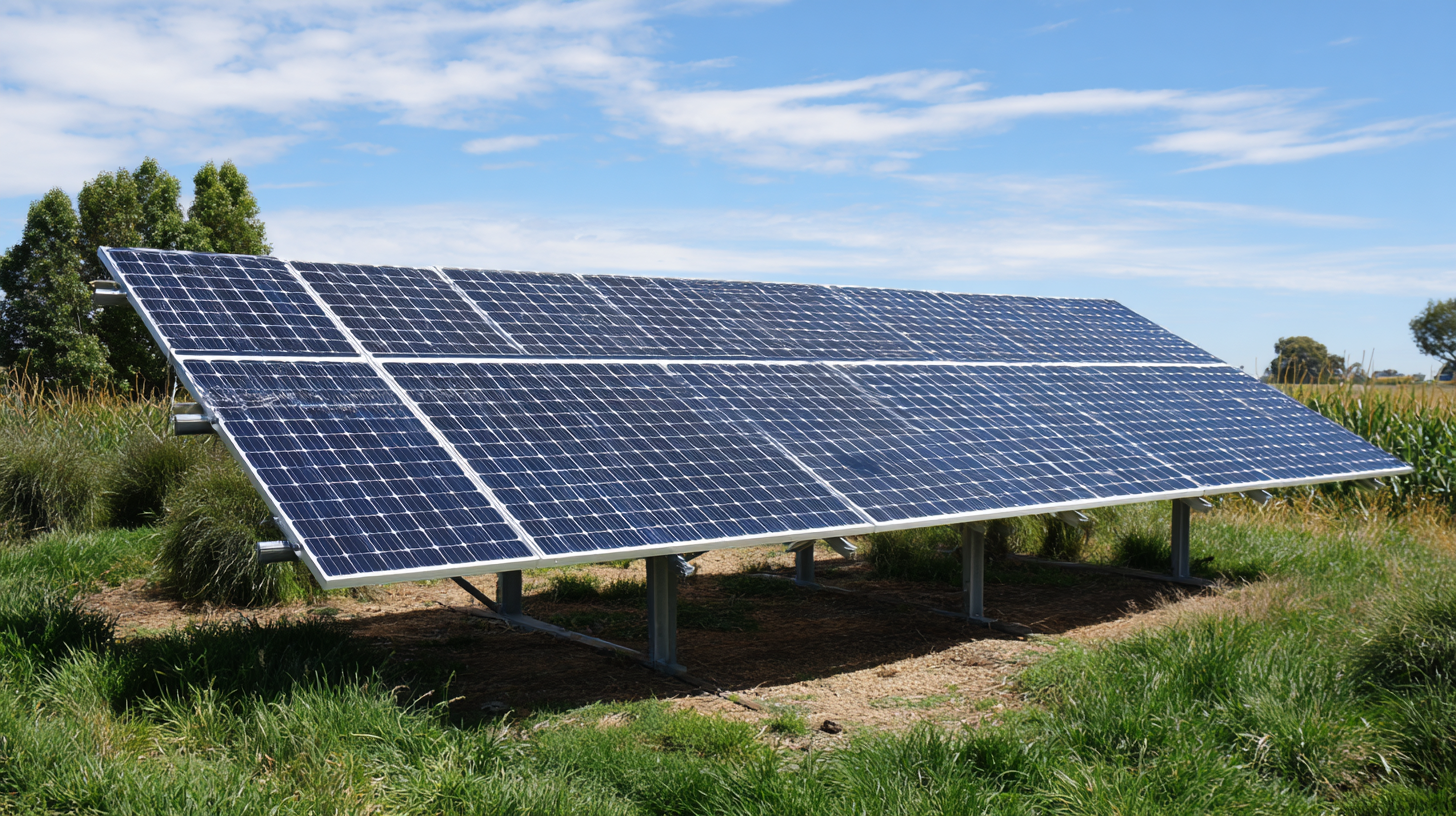
Moreover, ensure adequate space for maintenance and that shading from nearby trees or buildings is minimized. Incorporating a hybrid renewable energy system, such as combining solar and wind energy, can also optimize energy output and stability, especially during less sunny days. In fact, studies suggest that hybrid systems can enhance power quality and overall energy efficiency significantly.
Lastly, stay informed about tax credits available for renewable energy upgrades. Home improvements like solar panel installations can qualify for tax deductions, providing financial relief alongside energy savings. This dual benefit makes the transition to solar not only environmentally friendly but also economically advantageous.
Related Posts
-

Unlocking Home Solar Potential: How 50% Tax Incentives Are Transforming Energy Savings in 2024
-

7 Best Solar Systems Innovations Transforming Global Energy Markets
-
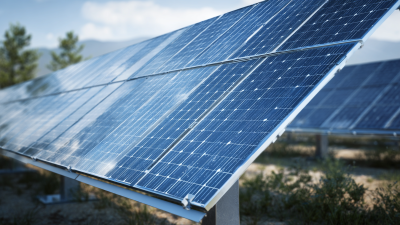
Unlocking the Specifications of the Best Solar Solutions for Global Buyers
-
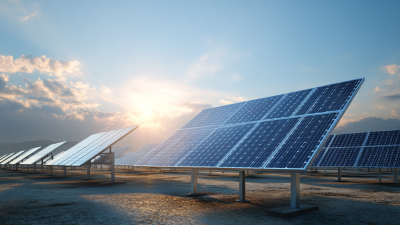
Harnessing 2025 Trends in Solar Technology to Choose the Best Solar Panels for Your Energy Needs
-

Home Solar Panels: Common Challenges and Solutions for a Sustainable Future
-

What is a Solar Absorber and How Does It Enhance Energy Efficiency
